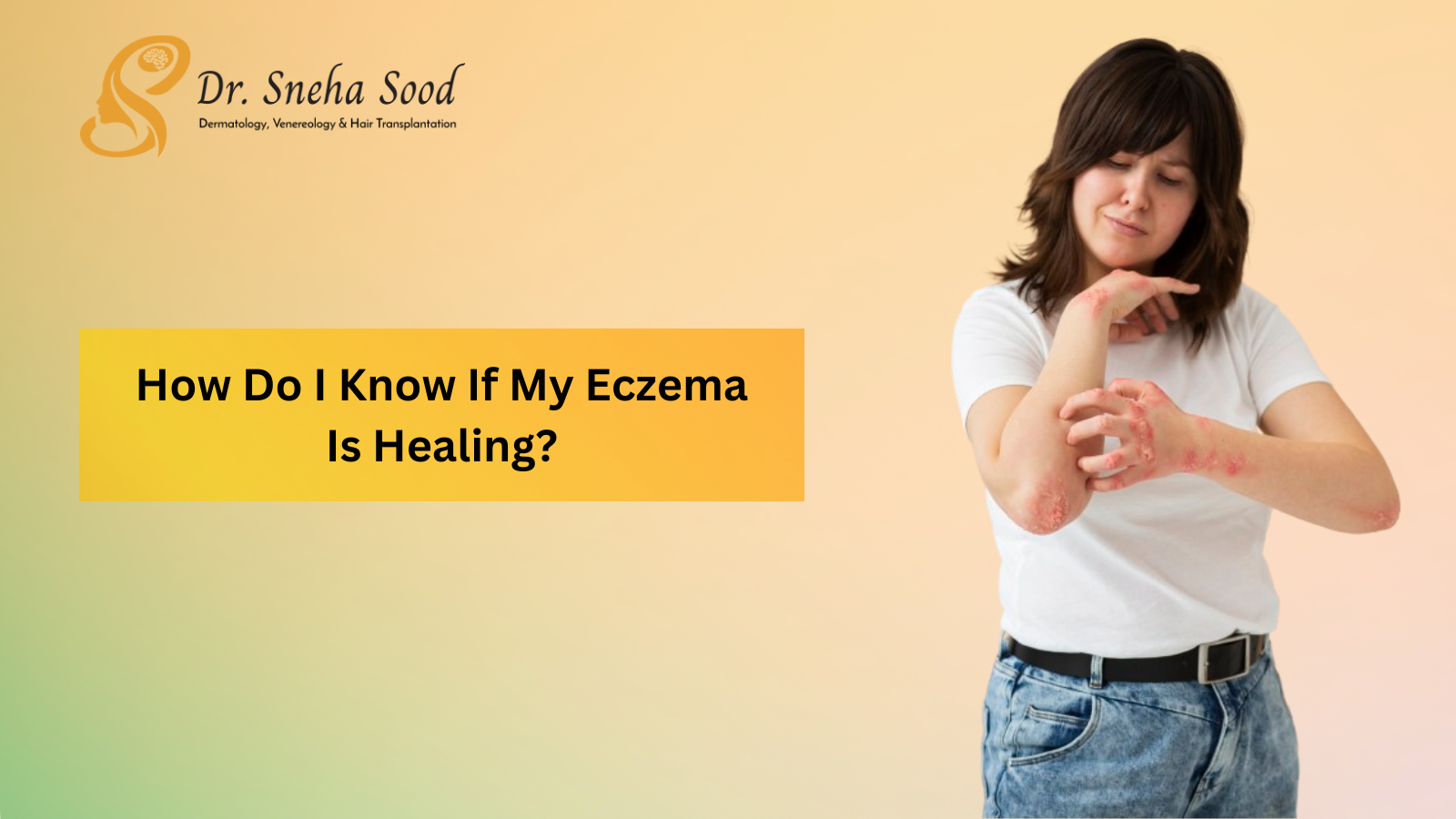



Living with eczema can be tough. It's a common skin condition that causes red, itchy patches that can be uncomfortable. And it doesn't discriminate – it can start in childhood and stick around for life. But here's the thing: those annoying flare-ups might not be as intense or frequent as you get older. Eczema happens when your skin's natural barrier gets damaged, making it hard for your skin to stay hydrated. This leaves you with chronically dry skin that can feel rough and itchy. And if you're prone to scratching, things can go from bad to worse – your skin might crack, bleed, and even get infected.
Here's the good news: while eczema is not cured, you can find relief by managing your symptoms. That's why watching for signs that your skin is on the mend is important. In this blog, we'll break down the two stages of eczema and discuss what healing eczema looks like.
Typically, eczema goes through two stages, and you may have different symptoms for each phase. However, your healing process and period may vary depending on your condition. The two stages of eczema are:
This is the initial stage when the eczema flare-up starts. It occurs when your skin comes into contact with an irritant and mostly stays for a shorter duration, for a few weeks, before your skin's healing process starts. During this stage, the skin feels warm and is itchy. The itchiness can be severe initially.
Other symptoms during the acute stage include:
Some symptoms are unique to specific types of eczema. They are:
This long-lasting phase may take 3-4 months to develop. It is characterised by severe itching and lichenification, making the skin thick and leathery. While you may not experience skin discolouration, blisters, or swelling, the skin lines seem more etched and prominent, and you may observe some hyperpigmentation or skin tone changes.
Depending on the type and stage of eczema, your doctor will recommend treatment options to improve the management of your symptoms. With proper treatment, you will see signs of the eczema healing process that offer relief from symptoms.
The signs and symptoms of healing eczema include:
As your eczema heals, your symptoms dissipate, allowing you to sleep better and reducing the risk of a potential flare-up.
Eczema is an inflammatory skin condition caused by a skin barrier disorder. It causes dry and itchy skin. The disease includes two stages characterised by specific symptoms, which may vary depending on your unique condition. While it may not be curable, with proper management of your symptoms, you can lead a superior-quality life that is not compromised by your chronic skin disorder.
Dr. Sneha Sood is a renowned dermatology, venereology, and hair transplantation specialist based in Bangalore. Her passion for her patients' enhanced well-being, compassionate, personalised, and holistic approach, caring demeanour, and commitment to excellence have made Dr. Sood one of the best dermatologists in Bangalore. She has gained extensive expertise and experience treating many dermatological conditions, including eczema.
If you are looking for high-quality eczema care near you, you can be assured that our specialised treatment plans, which include optimum management strategies, will positively impact all aspects of your life earlier affected by your eczema condition. To book a consultation, contact us today.